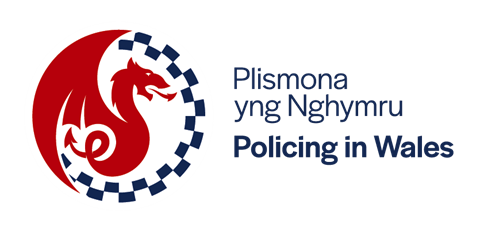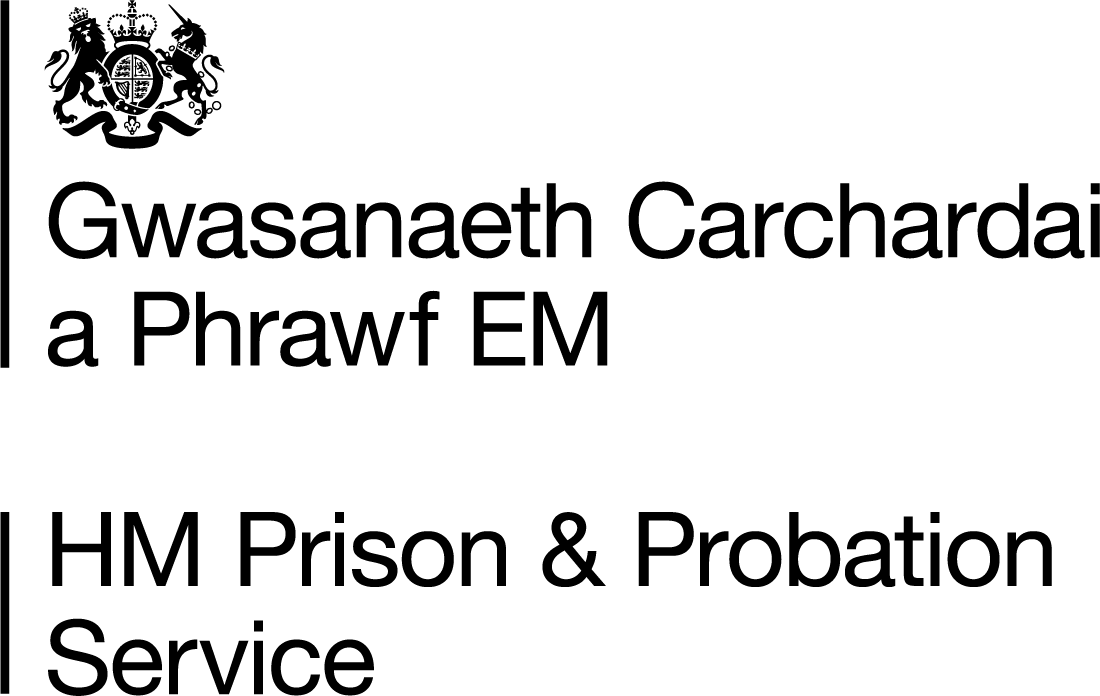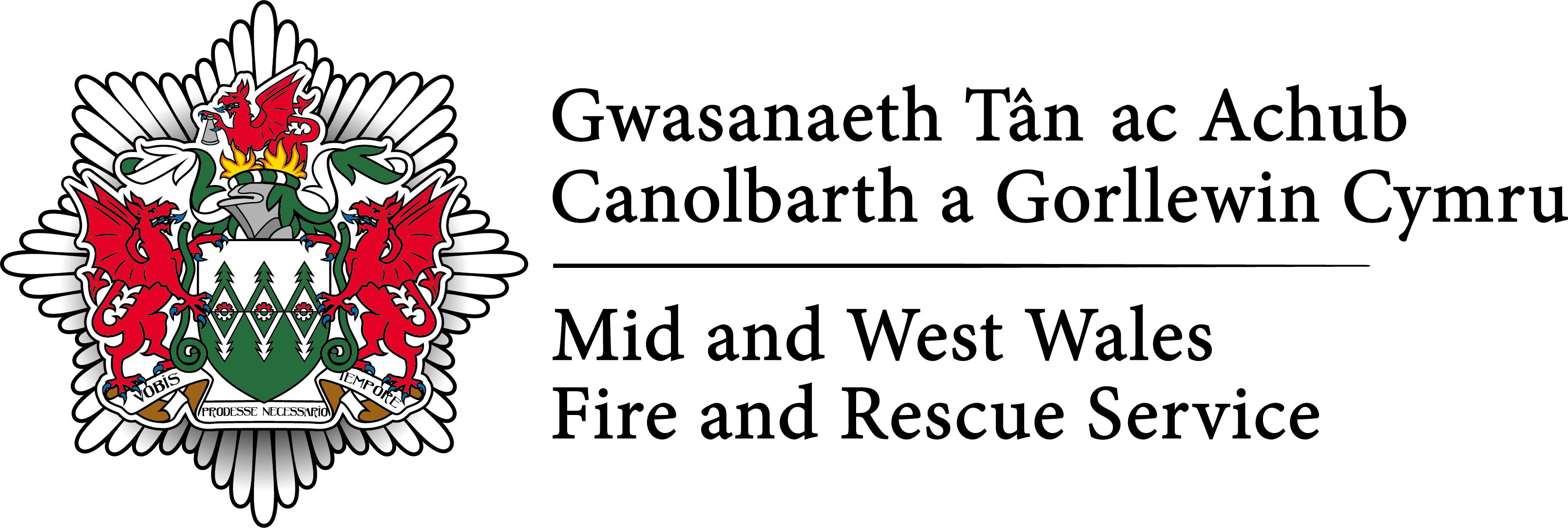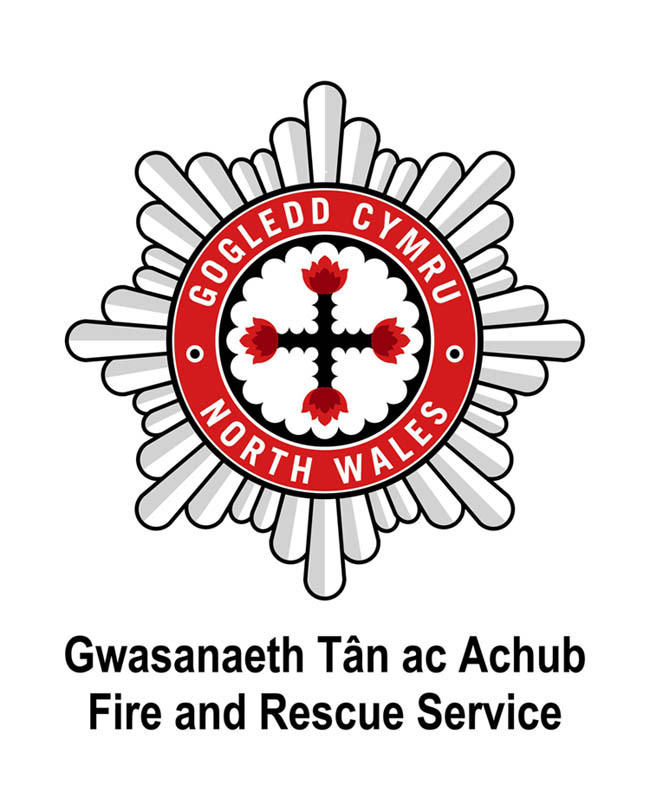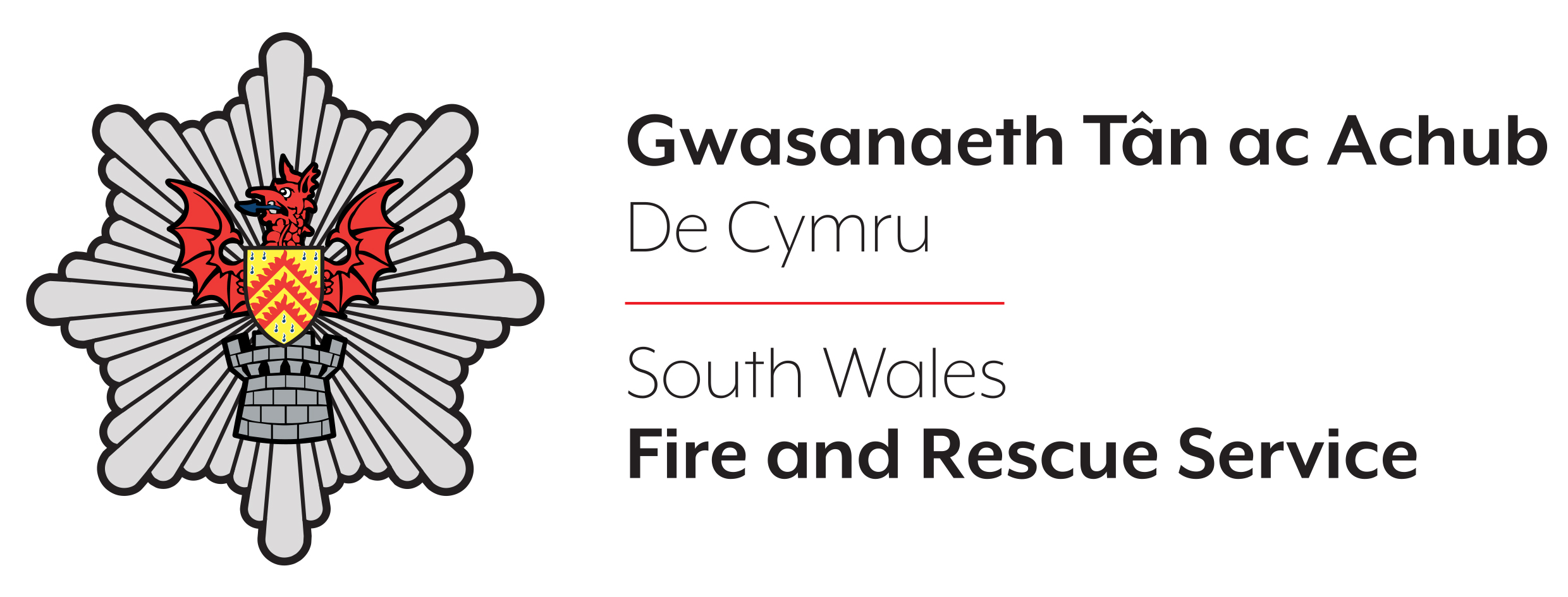See Anti-Social Behaviour and Disorder for a full list of relevant legislation. Specifically:
This Act set in place the six remedies currently available to manage ASB, which are: civil injunctions; criminal behaviour orders; community protection notices; public spaces protection orders; closure orders; dispersal powers. It also introduced the community trigger and community remedy.
- Civil injunctions
Courts award injunctions to stop people engaging in ASB. They can be awarded without notice but are only available if there has been a threat or use of violence.
- Criminal behaviour orders
Criminal court issued against a person who has been convicted of an offence and is causing ASB.
- Dispersal powers
Allow the police to order a person who is causing harassment, alarm or distress to leave a specific area for up to 48 hours.
In addition, there may be relevant Hate Crime legislation.






